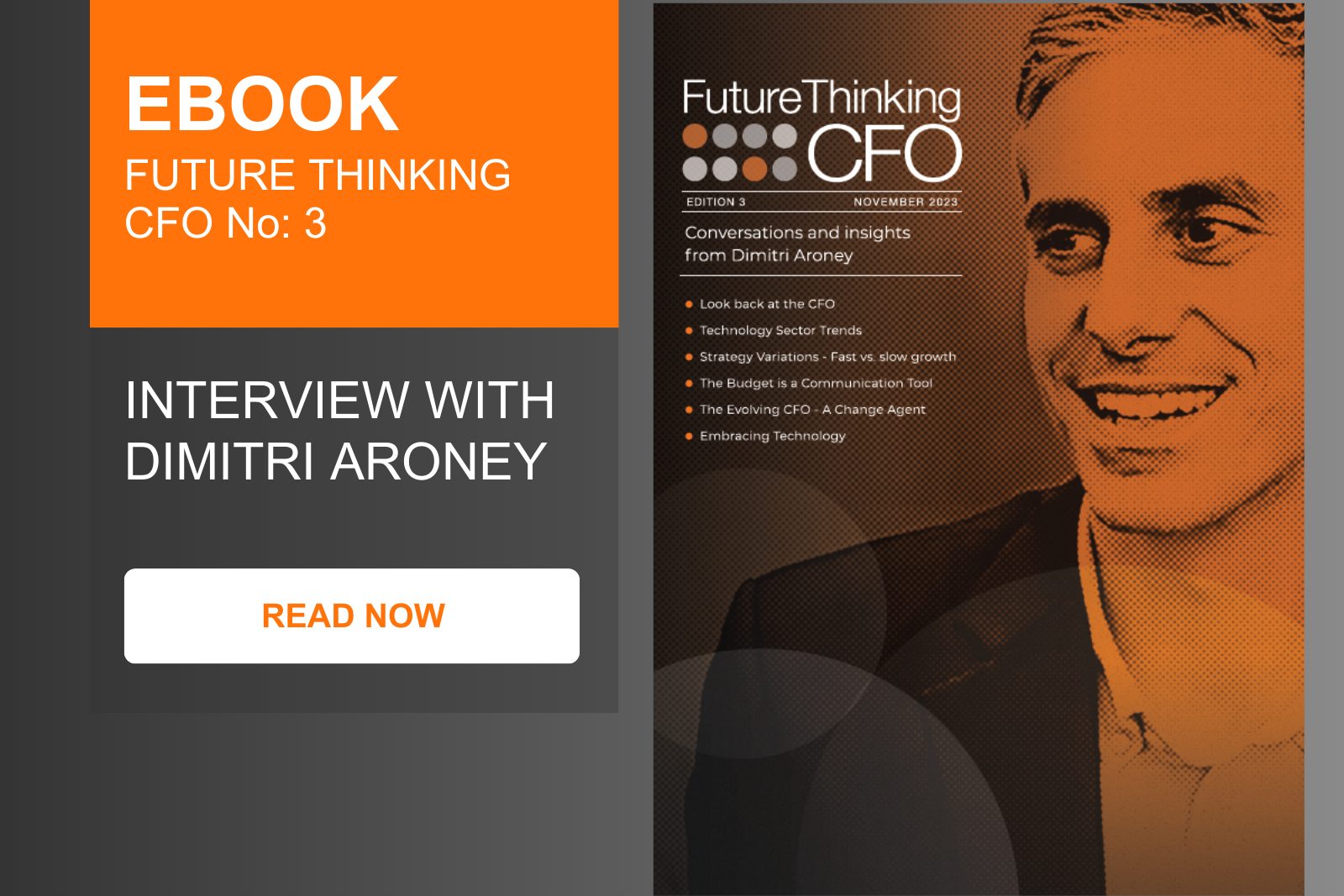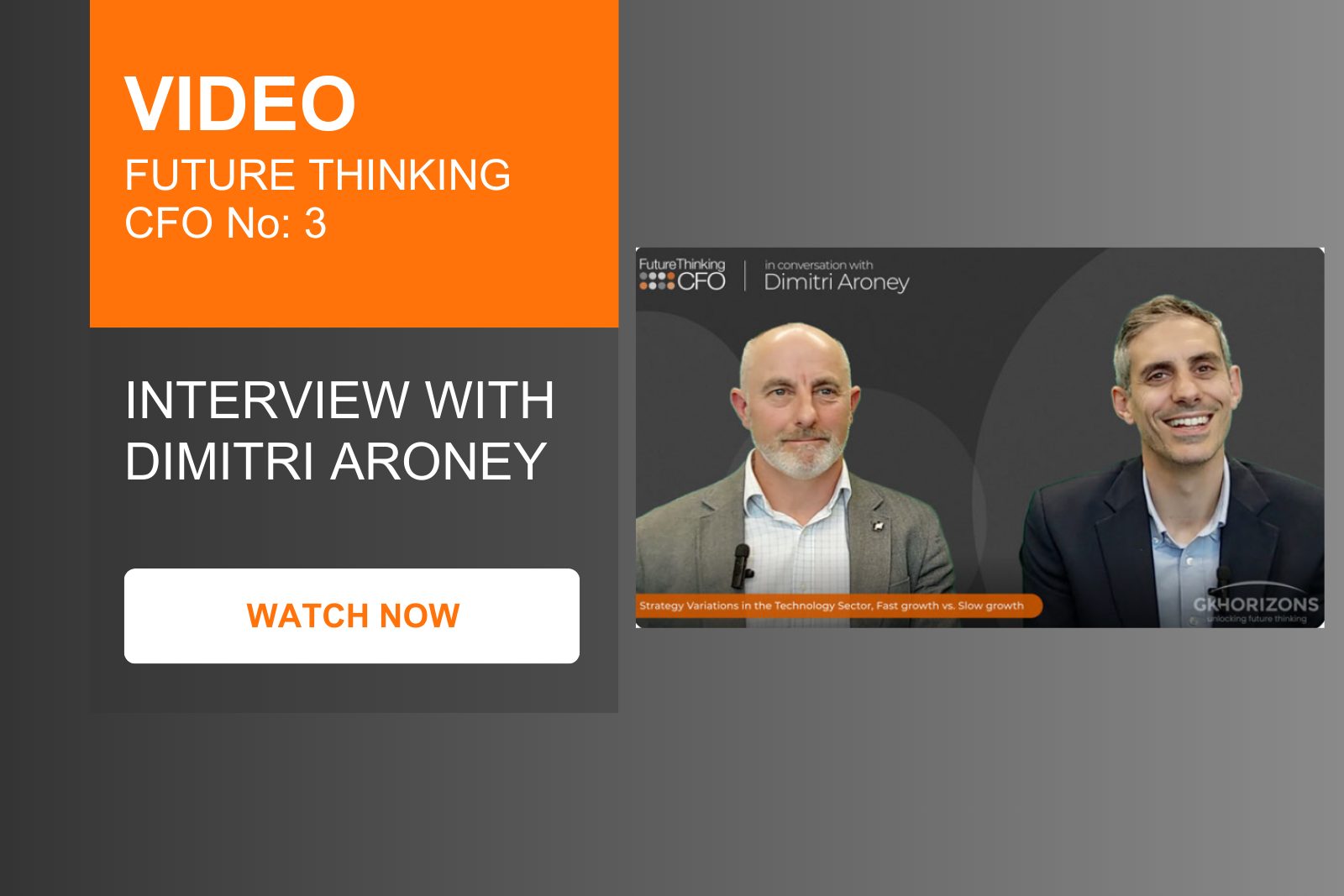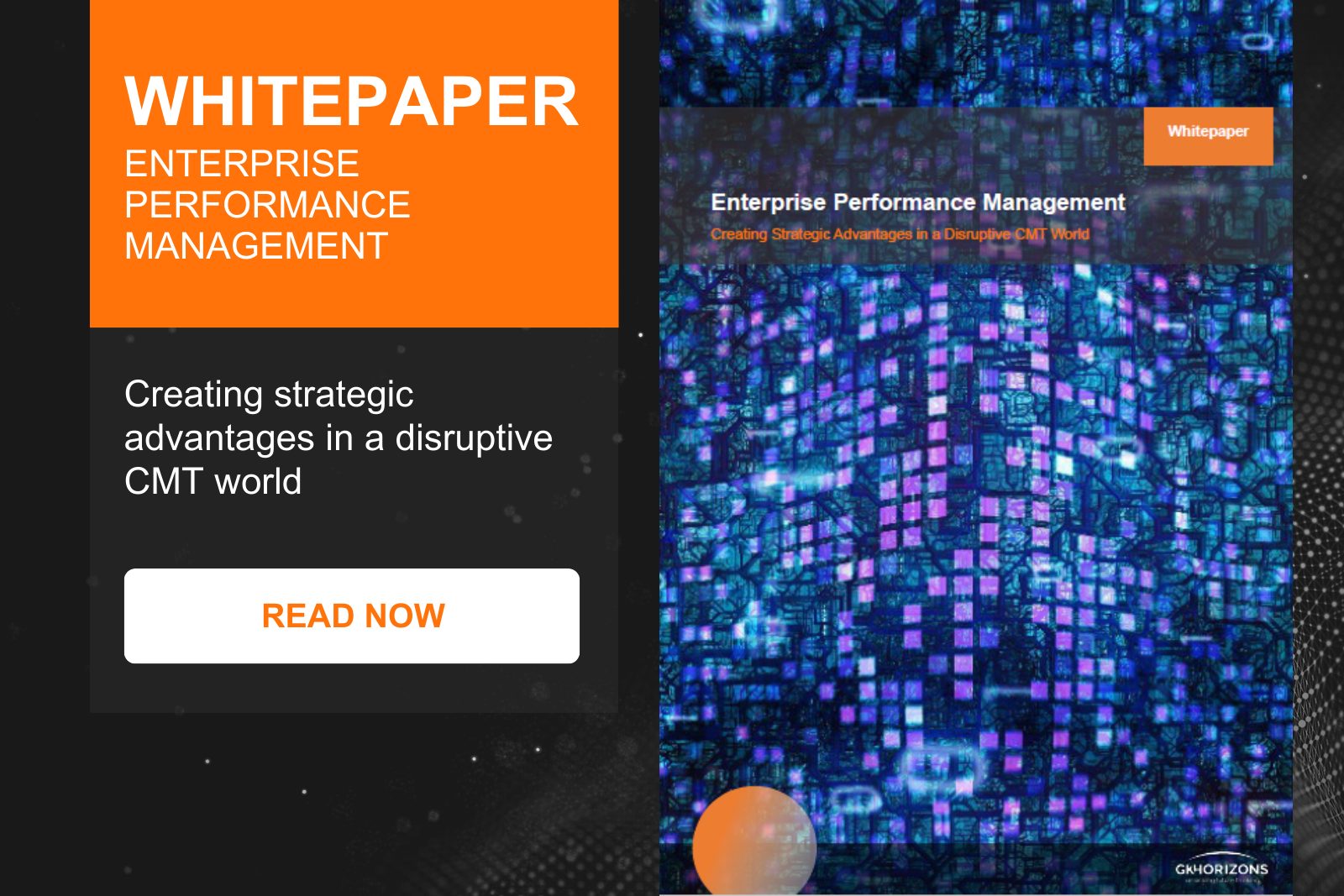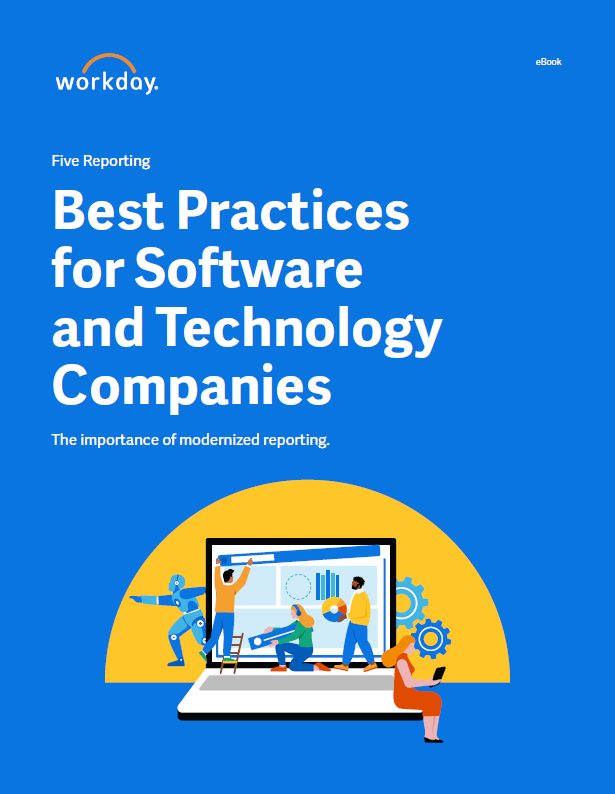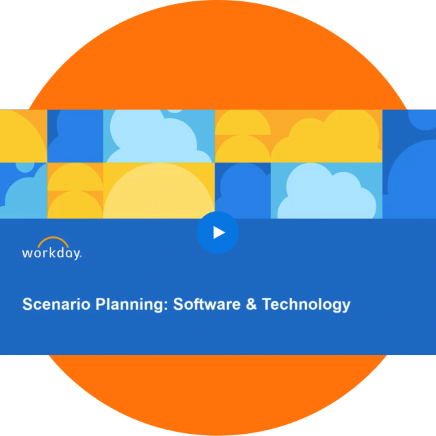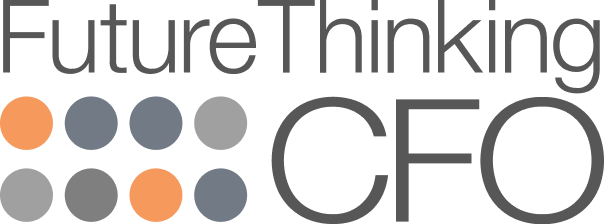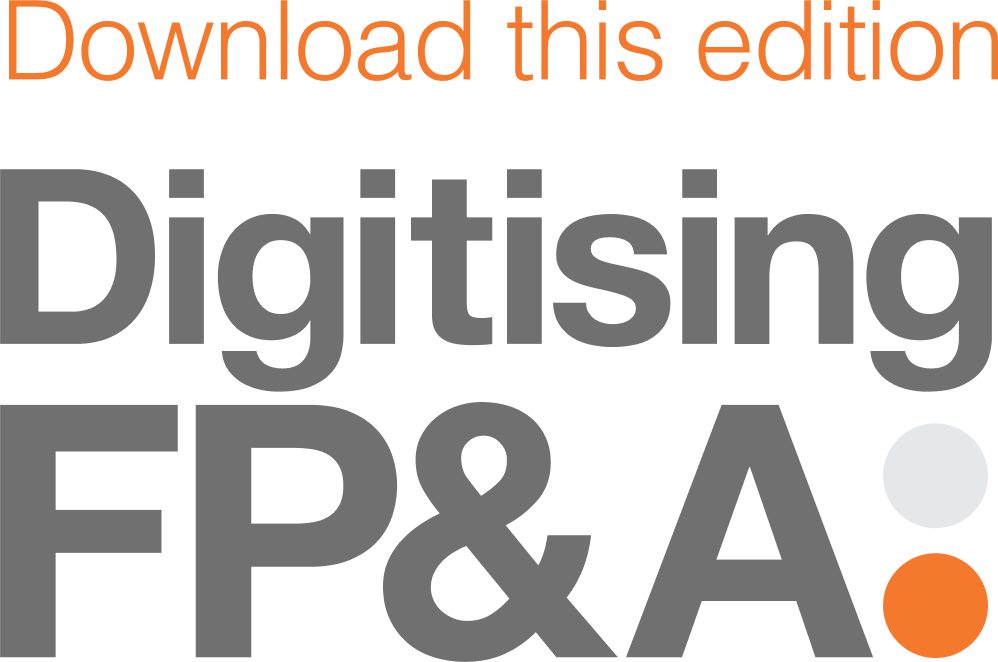Communications, Media, & Technology
Communications, Media, & Technology (CMT)
The Communications, Media, & Technology (CMT) sector is a significant pillar in the economies of Australia and New Zealand, playing a crucial role in innovation and job creation.
In Australia, the tech segment alone has shown remarkable strength. During the fiscal year of 2020-2021, it brought in A$167 billion, accounting for 8.5% of the nation’s GDP and providing jobs for 861,000 individuals. This achievement positions it as the third-largest contributor to the Australian economy.
In New Zealand, the tech sector exhibits dynamism and resilience, adapting swiftly to global trends and constantly pushing the envelope in technological advancements. The sector is known to be a substantial contributor to the economy, nurturing innovation and offering new solutions in the technology realm.
While flourishing, the sector navigates a landscape of challenges, including adapting to regulatory changes and the need for skilled talent acquisition. However, it’s also a ground rich with opportunities, spearheading developments in burgeoning technologies such as 5G, artificial intelligence (AI), and the Internet of Things (IoT).
Looking ahead, the Communications, Media & Technology sector in both nations is geared for a promising future. It stands as a hub of potential growth and transformation, aiming to leverage emerging technological trends to foster further economic development and sustain its pivotal role in the job market.
CMT Industry Challenges at a Glance
In a sector as vibrant and fast-paced as the Communications, Media, & Technology (CMT) industry, companies find themselves in a constant state of evolution to not only thrive but also sustain in an increasingly competitive landscape. Across Australia and New Zealand, CMT organisations are met with a gamut of challenges that test their resilience and innovative spirit daily.
From navigating the waters of fierce new competition to adapting to ever-shifting consumer demands, these hurdles call for a proactive and informed approach. Similarly, the shifting sands of regulatory environments and the imperative of judicious technological investments present hurdles that demand agility and foresight.
The global supply chain is a critical dependency for the CMT sector, especially regarding sourcing components for technology manufacturing. The recent disruptions in the supply chain have underscored this dependency. This coupled with continuously changing consumer demand and behaviour means they must keep a pulse on consumer demands to offer relevant products and services at the time consumers want them.
Some of the challenges include:
- New Competition
- Talent Acquisition
- Regulatory Changes
- Technological Investments
- Eroding Traditional Bases
- Global Supply Chain Disruptions
- Changing Consumer Demands
- Technological Integration
- Growth and Transformation through Innovation
GK Horizons: Future-Proofing CMT
In the swiftly evolving landscape of the Communications, Media, and Technology (CMT) sector, staying a step ahead is not just an advantage, it’s a necessity. GK Horizons is here to steer CMT businesses towards a future grounded in foresight and resilience, with cutting-edge Corporate Performance Management (CPM) solutions. Utilise advanced planning and what-if scenario modelling capabilities to anticipate market trends and navigate challenges with agility and precision.
With GK Horizons, you’re not just adapting to change; you’re anticipating it, transforming potential challenges into opportunities for growth and innovation. Elevate your strategic planning with tools that allow for exploration of diverse scenarios, guiding you to optimal solutions. Future-proof your CMT organisation with GK Horizons by your side, sculpting a pathway to a sustainable, vibrant future.
New Competition
Communications, Media & Technology organisations are encountering stiff competition from emerging players in the industry. This new wave of competition necessitates CMT firms to constantly innovate and differentiate themselves to maintain a stronghold in the market.
Talent Acquisition
Finding skilled talent has become a herculean task in the current landscape. Organisations are pressured to not only identify the right talent but also retain them to ensure sustained growth and innovation.
Regulatory Changes
The Communications, Media & Technology sector is grappling with a dynamic regulatory environment, where the rules are continually evolving. This requires companies to be agile and adaptive, ensuring compliance while also steering towards their strategic goals.
Technological Investments
Investing in cutting-edge technology has become a prerequisite to staying relevant. However, the significant investments involved pose a challenge, urging organisations to balance financial prudence with technological advancement.
Eroding Traditional Bases
Traditional revenue streams are slowly eroding, compelling Communications, Media & Technology firms to reinvent themselves and explore new avenues for growth, requiring a shift in business strategies to sustain in the evolving market landscape.
Global Supply Chain Disruptions
The sector’s crucial dependence on a global supply chain has been highlighted with recent disruptions. CMT organisations must cultivate robust and resilient supply networks to mitigate the impacts of unforeseen challenges and maintain a steady flow of necessary components for technology manufacturing.
Changing Consumer Demands
Consumer preferences are continuously evolving, urging companies to keep a vigilant eye on market demands. The challenge lies in accurately anticipating these demands and adapting quickly to offer relevant products and services promptly.
Technological Integration
The fast pace of technological developments demands seamless integration into existing frameworks. Organisations face the challenge of harmonising new technologies with existing systems, ensuring functionality while fostering innovation.
Growth and Transformation through Innovation
Despite the hurdles, the CMT sector is undergoing significant growth driven by innovations and the emergence of new technologies. Leveraging trends such as 5G technology, artificial intelligence, IoT, and mobile-first strategies present both opportunities and challenges, requiring a forward-thinking approach to harness their full potential.
CMT Industry Opportunities at a Glance
Communications, Media, & Technology (CMT) businesses are continually seeking avenues to not only surmount challenges but also leverage promising opportunities to foster growth and sustainability. This vigorous environment demands a multifaceted strategy that merges innovation with resilience, steering organisations to capitalise on emergent trends while maintaining a strong foundation.
Organisations in Australia and New Zealand are championing opportunities across various facets of their operations. Leveraging modern Corporate Performance Management (CPM) platforms stands central to this strategic move, enabling meticulous planning and enhanced performance monitoring through AI, predictive analytics, and “what-if” scenario modelling. These tools empower them to remain agile and proactive, addressing everything from new competition and fluctuating consumer demands to global supply chain disruptions and regulatory changes with informed strategies.
Some of these opportunities include:
- Successfully counteracting new competition.
- Optimising strategies that attract and retain top talent.
- Navigating regulatory changes adeptly.
- Optimising technological investments.
- Identify and venturing into new revenue avenues.
- Mitigating the effects of global supply chain disruptions.
- To rapidly facilitate the development of products and services that resonate with evolving market needs with an agile and data-driven approach.
- Enhancing technological integration through strategic deployment of Corporate Performance Management tools
- Implementing enhanced Cash Flow Analysis
- To achieve growth and transformation through Innovation by enabling early identification and strategic integration of disruptive technologies, thereby nurturing continuous growth and transformation in the dynamic market landscape.
- Enhancing cost efficiency.
Successfully counteracting new competition
To counteract new competitors, Communications, Media & Technology organisations are adopting a dynamic approach involving meticulous planning and performance monitoring facilitated by Corporate Performance Management tools. By utilising AI and predictive analytics within this framework, they can craft strategies that proactively respond to both current and anticipated market trends, maintaining a competitive edge.
Optimising strategies that attract and retain top talent
In talent acquisition, Communications, Media & Technology organisations are utilising Corporate Performance Management tools, which inherently offer planning and performance monitoring capabilities. This strategic approach ensures the continuous assessment and optimisation of strategies to attract and retain top talent, fostering a culture of growth and development.
Navigating regulatory changes adeptly
To navigate regulatory changes adeptly, Communications, Media & Technology firms are leveraging Corporate Performance Management capabilities coupled with predictive analytics. This combination, rich in planning and performance monitoring capabilities, enables organisations to remain compliant while proactively adapting to emerging regulatory landscapes, fostering a resilient and agile business environment.
Optimising technological investments
Organisations are endeavouring to optimise technological investments through Corporate Performance Management tools that provide advanced budgeting and forecasting capabilities. This approach, underscored by meticulous planning and performance monitoring, supports informed decision-making processes, assisting firms in aligning financial strategies with technological advancements.
Identify and venturing into new revenue avenues
To counter the erosion of traditional bases, CMT firms are steering towards digital transformation guided by insights derived from a Corporate Performance Management platform. These platform aids in planning and monitoring performance meticulously, coupled with predictive analytics, enabling them to identify and venture into new revenue avenues.
Mitigating the effects of global supply chain disruptions
To mitigate the effects of global supply chain disruptions, organisations are increasingly focusing on supply chain planning and optimisation through modern Corporate Performance Management (CPM) platforms. These platforms integrate features such as AI, predictive analytics, and “what-if” scenario modelling, offering powerful tools for planning and performance monitoring of supply and demand. By leveraging the sophisticated functionalities of CPM platforms, companies can develop strategies that not only anticipate potential disruptions but also devise agile and responsive supply chain networks. These strategies involve collaborative planning which brings together different stakeholders to work towards a common goal of maintaining a robust and resilient supply chain, consequently ensuring business continuity and customer satisfaction.
To rapidly facilitate the development of products and services
Addressing fluctuating consumer demands necessitates an agile and data-driven approach. Leveraging Corporate Performance Management tools enhances planning and performance monitoring, facilitating the development of products and services that resonate with evolving market needs.
Enhancing technological integration
Organisations are enhancing technological integration through strategic deployment of Corporate Performance Management tools, encouraging meticulous planning and effective performance monitoring. Employing “What-if” scenario modelling within this strategy helps in anticipating potential challenges and ensures smoother integrations, fostering innovation and efficiency.
Implementing enhanced Cash Flow Analysis
CMT organisations are accentuating the importance of enhanced cash flow analysis. By utilising the sophisticated analytics and forecasting capabilities of Corporate Performance Management tools, companies can gain a granular understanding of their financial health. This insight is pivotal in making informed decisions and maintaining a steady cash flow, which is essential in sustaining business operations and facilitating growth.
To achieve growth and transformation through Innovation
To foster growth and facilitate transformation, CMT organisations are establishing dedicated units empowered by Corporate Performance Management tools. These facilitate precise planning and performance monitoring, aiding in the early identification and strategic integration of disruptive technologies, thereby nurturing continuous growth and transformation in the dynamic market landscape.
Enhancing cost efficiency
To enhance cost efficiency, CMT organisations are leveraging the power of digital transformation grounded in modern Corporate Performance Management platforms. These platforms, encompassing features such as AI, predictive analytics, “what-if” scenario modelling, performance monitoring, and advanced collaborative planning, serve as comprehensive toolkits for business optimisation. By capitalising on the holistic functionalities of CPM platforms, organisations can enhance strategic planning and execution, ultimately fostering a more agile, collaborative, and cost-effective business environment.
EPM Use Cases in CMT
EPM platforms are increasingly central in steering businesses towards efficiency and precision.
From financial planning to operational logistics and compliance management, these platforms facilitate a wide spectrum of crucial tasks.
Below, we present a breakdown of the diverse use cases where CPM platforms can add significant value in the CMT environment, helping to streamline financial and operations while ensuring more informed strategic planning. Explore how embracing these platforms can foster operational excellence in the dynamic CMT landscape.
Use Case examples include:
Use Case Description: Financial planning forms the backbone of any successful enterprise in the competitive CMT industry. Utilising Corporate Performance Management (CPM) platforms facilitates an integrated approach to financial stewardship, enabling firms to steer their financial strategy with agility and foresight, grounded on data-driven insights and predictive analytics that ensure fiscal health and sustainable growth.
Sub Use Cases:
- Financial Planning and Analysis (FP&A) – FP&A stands central to financial planning, involving budgeting, forecasting, and analysis of financial data to support business decisions. Leveraging CPM platforms enhances the FP&A process through real-time data analysis, facilitating a more accurate and agile financial planning process that adapts to the ever-changing business dynamics.
- Budgeting and Forecasting – Budgeting and forecasting are pivotal in steering the financial course of the organisation. Utilising CPM platforms can assist in crafting data-driven budgets and forecasts that align with the strategic objectives, allowing for a more adaptive financial strategy that meets the evolving needs of the business landscape.
- Cash Flow Management – Effective cash flow management ensures the financial stability of an organisation. Leveraging CPM platforms facilitates meticulous monitoring and management of cash flows, enabling firms to maintain liquidity and undertake strategic initiatives with financial prudence and foresight.
- Capital Expenditure (CapEx) Planning – Capital expenditure planning involves strategisng for major investments in the company. CPM platforms enable organisations to undertake detailed analysis and scenario planning for capital investments, facilitating data-driven decisions that align with the company’s growth strategy and financial capabilities.
- Tax Planning and Compliance – Tax planning and compliance are crucial in maintaining the fiscal health and regulatory compliance of an organisation. CPM platforms assist in the efficient management of tax obligations, ensuring compliance with the tax regulations and optimising tax positions through strategic planning, thereby protecting the organisation from potential fiscal liabilities.
- Financial Reporting and Consolidation – Financial reporting and consolidation involve the summarisation of financial data to provide a clear view of the organisation’s financial performance. Leveraging CPM platforms facilitates automated and accurate financial reporting, ensuring transparency and providing stakeholders with insightful data to foster informed decision-making.
Use Case Description: In the dynamic and highly competitive landscape of the SaaS and software industry, where diverse revenue models prevail, strategic financial planning stands crucial. Leveraging CPM platforms enables these firms to manage and optimise their financial resources meticulously, ensuring fiscal sustainability and fostering growth through data-driven insights and predictive analytics.
Sub Use Cases:
- Revenue Recognition and Realisation – Given the diverse revenue models in the industry, accurately recognising and realising revenues becomes critical. CPM platforms facilitate the automation of revenue recognition processes, adhering to the pertinent accounting standards, and providing real-time insights into revenue streams, thereby aiding in precise financial planning and forecasting.
- Subscription and Licensing Management – Managing subscriptions and licenses effectively is central to sustaining revenue streams. Leveraging CPM platforms allows firms to monitor subscription metrics, manage renewals, and optimise licensing agreements, fostering customer retention and ensuring a consistent revenue flow.
- Customer Lifetime Value (CLV) Analysis – Understanding the lifetime value of customers is pivotal in steering business strategies. CPM platforms offer analytical tools to calculate and analyse CLV, facilitating strategies aimed at customer retention and enhancing the value derived from each customer, thereby fostering sustainable growth.
- Cost and Profitability Analysis – Analysing costs and profitability is crucial in guiding business decisions. CPM platforms enable firms to undertake detailed cost analyses, identifying profitable ventures and areas needing optimisation, thus guiding resource allocation and strategic planning towards enhanced profitability.
- Cash Flow and Burn Rate Analysis – Monitoring cash flows and burn rates is vital in ensuring financial stability. Utilising CPM platforms facilitates a meticulous monitoring of cash flows and burn rates, enabling firms to undertake informed decisions to manage liquidity effectively and sustain operations.
- Pricing Strategy and Optimisation – Crafting effective pricing strategies stands central to revenue generation. Leveraging CPM platforms aids in analysing market trends and customer preferences, facilitating the crafting of pricing strategies that not only meet market demands but also optimise revenue streams.
Use Case Description: In the dynamic world of the CMT industry, operational planning serves as a linchpin for maintaining a competitive edge.
Supply Chain Planning & Optimisation
Use Case Description: Utilising Corporate Performance Management Platforms in the CMT industry permits companies to enhance and streamline their supply chain processes through real-time insights and advanced analytics, fostering a resilient and agile supply chain that can adeptly adapt to rapidly changing market dynamics.
- Supply Planning – Optimisation of resource allocation based on historical data and predictive analytics. Corporate Performance Management Platforms aid companies in anticipating the needs for raw materials and other resources, facilitating a streamlined production process that meets market demands efficiently without incurring superfluous costs.
- Demand Planning – Understanding and precisely predicting customer demand is pivotal in the CMT industry. Through Corporate Performance Management Platforms, companies can leverage data analytics to accurately forecast market demands, aligning production schedules to prevent stockouts or overproduction, thereby assuring customer satisfaction while maintaining operational efficiency.
- Control Tower – Incorporating a control tower functionality in a Corporate Performance Management Platform permits real-time monitoring of the entire supply chain. It provides a centralised view of operations, facilitating swift responses to disruptions and maintaining the resilience of the supply chain. Furthermore, it encourages collaborative decision-making by offering stakeholders a unified platform that showcases insights derived from data analytics, promoting informed strategic choices.
- Logistics and Transportation Management – Optimisation of logistics and transportation processes to ensure timely and cost-effective product delivery. Corporate Performance Management Platforms facilitate routing optimisation, carrier selection, and real-time shipment tracking, enhancing transparency and control over logistics operations.
- Procurement – Streamlining procurement processes through Corporate Performance Management Platforms. Companies can monitor supplier performance, ensure compliance, and optimise procurement strategies to secure the best value, enhancing supplier relationships and operational efficiency.
- Production Planning – Efficient scheduling and organisation of manufacturing processes fall under this sub-use case. Corporate Performance Management Platforms assist in optimising production schedules based on demand forecasts, ensuring the appropriate quantity of products is produced at the right time, minimising wastage and reducing costs.
Inventory Management – Effective inventory management is crucial to prevent stockouts and minimise holding costs. Here, companies utilise Corporate Performance Management Platforms to monitor stock levels in real-time, establish optimal reorder points, and predict future inventory needs based on historical data and demand forecasts, facilitating an efficient and responsive inventory management system.
Use Case Description: Companies in the CMT industry have the responsibility of overseeing vast and intricate networks integral to their service provisions. Utilising Corporate Performance Management Platforms enables firms to monitor and optimise network performance meticulously, leveraging real-time data on critical metrics such as latency, uptime, and throughput. This assists in facilitating proactive measures to address emerging issues and planning strategically for future network expansions, ensuring a resilient network infrastructure that meets consumer demands effectively.
Use Case Description: Given the fast-paced evolution of the CMT landscape, there is a necessity for agile and dynamic product development cycles. Corporate Performance Management Platforms aid teams in steering the product development through its entire lifecycle, fostering innovation while keeping a vigilant eye on pivotal KPIs such as development timelines, budget adherence, and market reception. These platforms equip teams to strategically evolve or retire products based on data-driven market insights, ensuring a competitive and resonant product portfolio.
Use Case Description: In the fiercely competitive CMT sector, customer service stands as a crucial differentiator. Companies can leverage Corporate Performance Management Platforms to enhance service delivery, analysing customer interactions and feedback meticulously. By identifying areas ripe for improvement and creating strategies to enhance customer satisfaction through staff training, process overhauls, and technology integrations, firms build a customer service framework that not only retains customers but also fosters advocacy.
Use Case Description: Effective facility and asset management remain pivotal in maintaining uninterrupted operations in the CMT industry. Corporate Performance Management Platforms offer tools for continuous monitoring of asset performance and utilisation, facilitating the scheduling of predictive maintenance to mitigate unexpected downtimes, thereby optimising the lifespan and performance of assets. This strategic approach to resource allocation ensures that the company’s physical infrastructure adeptly supports its operational and strategic objectives.
Use Case Description: Strategic planning serves as a beacon, guiding a company towards achieving its long-term objectives in the ever-evolving CMT landscape. Utilising Corporate Performance Management (CPM) platforms, organisations can facilitate a data-driven approach to craft and refine their strategies, leveraging insights derived from market trends, competitive landscapes, and internal capabilities to forge a roadmap attuned to dynamic market realities.
- Market Analysis and Competitive Benchmarking – Detailed analysis of the market trends, customer preferences, and competitive landscape to identify opportunities and threats. The CPM platforms support the integration and analysis of vast arrays of data, helping companies to stay ahead by adapting strategies that are informed by a deep understanding of the market dynamics and competitive environment.
- Scenario Planning – Scenario planning empowers organisations to anticipate possible future developments and create strategies accordingly. Through the CPM platforms, teams can model various scenarios using “what-if” analyses, identifying potential outcomes and formulating strategies to navigate different future pathways effectively, thereby reducing uncertainty and risk.
- Corporate Goal Setting and KPI Definition – Setting corporate goals and defining KPIs form the cornerstone of strategic planning. The CPM platforms facilitate the setting of realistic and achievable goals through data analysis, and the definition of KPIs that align with corporate objectives, enabling a focused approach towards achieving strategic milestones.
- Innovation Management – Fostering innovation is key to maintaining competitiveness. The CPM platforms support innovation management by providing tools to track and manage innovation pipelines effectively, facilitating collaboration and ensuring alignment with the overall strategic objectives of the organisation.
- Mergers and Acquisitions (M&A) Planning – Strategic planning in the CMT industry often involves M&A to enhance market presence and capabilities. CPM platforms aid in M&A planning by offering analytical tools to evaluate potential acquisitions and mergers meticulously, helping in the identification of synergies and ensuring seamless integration post-acquisition.
Use Case Description: Workforce planning is central to sustaining a successful organisation, ensuring the right personnel are in the right roles, and preparing for future workforce needs. Utilising Corporate Performance Management Platforms can be a pivotal tool in achieving a well-aligned workforce, offering data-driven insights to steer workforce strategies and ensure readiness for evolving industry requirements.
- Recruitment Planning – Strategising to attract and retain the best talent in the industry. The platforms allow organisations to analyse the skills and competencies needed, helping to devise recruitment plans that align with the company’s strategic objectives and culture.
- Skills and Competency Management – In a sector where technologies and requirements evolve rapidly, managing the skills and competencies of the workforce is pivotal. Corporate Performance Management Platforms facilitate the identification of skills gaps and the development of training programs to foster a workforce that remains adept and aligned with the industry’s demands.
- Succession Planning – Succession planning ensures a ready pool of candidates to take over key positions in the future. Leveraging CPM platforms, companies can identify potential leaders and nurture them through targeted development programs, ensuring a seamless leadership transition and sustaining organisational stability.
- Capacity Planning – Involves planning to ensure the right number of people with the correct skills are available at the right time. Corporate Performance Management Platforms assist in evaluating current capacity against projected demands, helping to preemptively address potential shortfalls and optimise workforce deployment.
- Employee Engagement and Well-being – Maintaining a high level of employee engagement and well-being is crucial in retaining talent. The platforms support the tracking and analysis of employee feedback and well-being metrics, facilitating strategies to foster a positive work environment and enhance employee satisfaction and productivity.
- Diversity and Inclusion – Promoting diversity and inclusion is essential in building a rich and diverse work culture. Corporate Performance Management Platforms facilitate the monitoring of diversity metrics and the crafting of strategies to promote a more inclusive workplace, enhancing organisational reputation and employee satisfaction.
Use Case Description: Sales performance management is pivotal in steering an organisation towards its revenue goals. Leveraging Corporate Performance Management Platforms, firms in the CMT industry can facilitate a dynamic and responsive sales strategy, enhancing both the efficiency and effectiveness of the sales function by utilising data-driven insights and analytical tools.
- Sales Forecasting – Accurate sales forecasting forms the bedrock of sound sales strategies. By leveraging the CPM platforms, sales teams can use historical data and market trends to predict future sales accurately, allowing for better planning and resource allocation, thus setting a realistic and achievable sales target.
- Quota and Territory Management – Managing quotas and territories efficiently is crucial to optimise sales performance. CPM platforms help in setting achievable quotas and defining territories based on data-driven insights, promoting a balanced and equitable distribution of sales targets and resources, and fostering a motivated and productive sales team.
- Sales Incentive and Compensation Management – Aligning sales incentives with corporate objectives is vital in fostering a motivated sales force. Corporate Performance Management Platforms offer tools to design and manage incentive programs strategically, ensuring alignment with the sales strategies and encouraging behaviours that contribute to the achievement of sales goals.
- Pipeline Management – Efficient pipeline management is essential in tracking and managing sales opportunities effectively. CPM platforms facilitate a detailed analysis of the sales pipeline, helping teams to identify bottlenecks and opportunities, and to focus efforts on the most promising leads, thereby optimising the sales process.
- Client Relationship Management – Building and nurturing client relationships stands central to sustainable sales success. Utilising CPM platforms, sales teams can track and analyse client interactions meticulously, fostering relationships through personalised engagements and ensuring a client-centric approach to sales.
- Sales Analytics and Reporting – Leveraging analytics and reporting tools is crucial in gaining insights into sales performance. Corporate Performance Management Platforms offer advanced analytics capabilities, helping sales leaders to track performance against KPIs through dynamic dashboards and reports, thus facilitating informed decision-making and strategy adjustments.
Use Case Description: In the ever-evolving landscape of the CMT industry, adhering to regulatory mandates and managing risks proactively stands paramount. Utilising Corporate Performance Management (CPM) platforms can greatly assist organisations in maintaining compliance and mitigating risks effectively through data-driven insights and analytics that facilitate proactive measures, ensuring the robustness and resilience of business operations.
- Regulatory Compliance Management – Regulatory compliance management involves adhering to laws and regulations relevant to the CMT industry. Leveraging CPM platforms helps in streamlining compliance processes, tracking regulatory changes, and ensuring adherence through timely reporting and monitoring, safeguarding the organisation against potential legal repercussions.
- Risk Assessment and Mitigation – Performing risk assessments and crafting mitigation strategies is a crucial element in risk management. CPM platforms provide tools for risk identification and analysis, facilitating the formulation of strategies to mitigate identified risks through proactive measures, thereby sustaining business continuity and protecting the organisational value.
- Data Privacy and Security – Ensuring data privacy and security is non-negotiable in the data-intensive CMT industry. Utilising CPM platforms can help in monitoring data access and usage, identifying potential breaches, and enforcing security protocols, thereby upholding data integrity and fostering trust with stakeholders.
- Financial Compliance and Reporting – Adhering to financial regulations and reporting requirements is vital in maintaining transparency and trust. Corporate Performance Management Platforms assist organisations in automating financial reporting, ensuring accuracy, and compliance with the relevant financial regulations, thereby fostering trust and upholding the organisation’s reputation.
- Contract Management and Compliance – Managing contracts effectively and ensuring compliance with contractual obligations is pivotal in maintaining healthy business relationships. CPM platforms offer features to track contractual commitments, ensuring timely fulfilment and compliance, thereby mitigating risks associated with contractual non-compliance.
- Disaster Recovery and Business Continuity – Crafting strategies for disaster recovery and ensuring business continuity is essential in protecting the organisation’s assets and operations. Leveraging CPM platforms facilitates the formulation of recovery plans through predictive analytics and scenario planning, ensuring readiness to face unforeseen challenges and sustain operations amidst disruptions.
Sample Case Study: BAI Communications
BAI Communications designs, builds, and operates communications infrastructure that connects communities around the world, including cellular, Wi-Fi, broadcast, radio, and IP networks.
In Australia, the company also owns and operates one of the most extensive transmission networks in the world, delivering broadcasts to 99% of the population.
“GK Horizons knew what we needed and had the expertise to help to turn things around quickly. Thanks to Adaptive Insights, the time we used to spend checking over spreadsheets can now be used to understand the meaning behind different numbers and offer more strategic support to the business. It offered all the features we required and the right level of flexibility.”
Benjamin Gotta
Group Treasurer (formerly General Manager,
Group Planning and Reporting)
BAI Communications
eBook Available
Read “Enterprise Performance Management – Creating Strategic Advantages in a Disruptive CMT World“, an eBook by GK Horizons discussing the vital role of EPM in fostering innovation and managing disruption within the CMT sector.
The eBook is enriched with valuable insights into the CMT:
- Sector Current Challenges
- Understanding the Role of EPM
- Real-World Examples of EPM
- EPM Implementation Strategies
Read now to take your first step towards seamless reporting!
eBook Available
Read “Five Reporting Best Practices for Software and Technology Companies“, an eBook by Workday Adaptive Planning to learn how top-performing software and tech finance teams overcome challenges with seamless reporting and make timely decisions via a single source of truth.
The eBook is enriched with valuable insights that help you learn how to:
- Eliminate slow, manual processes so you can report instantly;
- Enable collaboration with a single source of truth;
- Integrate data from multiple systems to provide more context;
- Leverage dashboards to build a more collaborative culture; and,
- Create visual narratives that enable understanding.
Read now to take your first step towards seamless reporting!
Tech Industry Demo Available
Request a personalised viewing of our tech industry demo today!
See why the tech industry needs active planning.
For innovative technology companies, speed and agility have never mattered more. And data is the engine driving your organisation forward.
Workday Adaptive Planning gives you access to the analytics you need to track customer acquisition costs, new competitors, or regulatory changes—all in a user-friendly interface. Watch the demo to learn how we can help.

